Why People Travel to Australia
Before today, Australia has long been seen as a destination of opportunity, drawing different visitors from around the world for various purposes. It is often chosen for its vibrant cities, scenic landscapes, and high-quality education and healthcare systems. People travel to Australia for tourism, to pursue education, to take up employment opportunities, or to reunite with family members.
Advertisement
Why Understanding Visa Requirements is Crucial
Before making plans to travel, study, or work in Australia, it is essential for you that you fully understood the visa requirements. Applications can be delayed or refused due to missing or incorrect information, so taking the time to research the correct procedures can help avoid unnecessary setbacks.
Overview of Australian Visa Categories
Multiple visa options are available, each catering to different needs:
- Visitor Visa (Subclass 600)
- Student Visa (Subclass 500)
- Temporary and Skilled Work Visas (e.g., Subclasses 482 and 186)
- Skilled Migration Visas (Subclasses 189, 190)
- Family and Partner Visas
- Business and Investment Visas
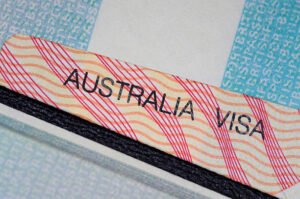
Advertisement
Explaining Each Types of Australian Visas
Visitor Visa (Subclass 600)
This visa is issued to individuals intending to visit Australia temporarily for tourism, business visitor activities, or to visit family and friends. It is typically granted for stays of up to three, six, or twelve months.
Student Visa (Subclass 500)
The Subclass 500 visa is designed for international students who have been accepted into an Australian educational institution. A Confirmation of Enrolment (CoE) must be provided, and applicants must show they can financially support themselves.
Work Visas
Several temporary and permanent work visas are offered:
- Temporary Skill Shortage Visa (Subclass 482): Issued to skilled workers sponsored by an approved Australian employer.
- Employer Nomination Scheme (Subclass 186): For skilled workers nominated by an Australian employer for permanent residence.
Skilled Migration Visas
These are points-tested visas granted to individuals whose skills are in demand:
- Skilled Independent Visa (Subclass 189)
- Skilled Nominated Visa (Subclass 190)
Family and Partner Visas
These visas are granted to partners, spouses, children, and other family members of Australian citizens or permanent residents. Applications are assessed based on the genuineness of the relationship and other eligibility criteria.
Business and Investment Visas
Entrepreneurs, investors, and high-net-worth individuals can be granted access through business innovation or investment streams, allowing them to establish or manage businesses in Australia.
General Australia Visa Requirements
Valid Passport
A passport must be valid for at least six months from the date of application. It must be issued by the applicant’s country of nationality.
Completed Online Application Form
Visa applications are required to be completed online via the ImmiAccount portal provided by the Department of Home Affairs.
Passport-Sized Photographs
Recent passport-sized photographs must be provided. These should meet Australian photo specifications, including background and size requirements.
Proof of Financial Means
Bank statements, income evidence, or sponsor letters are typically required to demonstrate that the applicant can cover their expenses while in Australia.
Health and Character Requirements
Medical examinations may be required, depending on the visa type and length of stay. Police clearance certificates must also be submitted to meet character requirements.
Travel Itinerary (for Visitors)
Applicants must submit a proposed itinerary, including flight bookings and accommodation arrangements, to demonstrate the temporary nature of their visit.
Invitation Letters (if Applicable)
If staying with family or friends, an invitation letter from the host in Australia should be included, along with identification documents of the host.
Confirmation of Enrolment (for Students)
For student visa applicants, a Confirmation of Enrolment (CoE) issued by the Australian educational institution is mandatory.
Employment Letter or Job Offer (for Workers)
Individuals applying under work-related visas are required to provide an official job offer or sponsorship letter from their prospective Australian employer.
Your Step-by-Step Visa Application Process
Step 1: Determine the Right Visa Type
The most appropriate visa category must be selected based on the applicant’s intended activities in Australia. Each visa type has its own set of requirements and conditions.
Step 2: Create an ImmiAccount
An ImmiAccount must be created on the Department of Home Affairs website. This account will be used to submit and manage the visa application.
Step 3: Complete the Online Form
The visa application form must be carefully completed online. All required fields should be filled accurately to prevent delays or rejections.
Step 4: Upload Required Documents
Supporting documents including the following; identity documents, financial records, and letters of support must be uploaded to the ImmiAccount. These documents are to be scanned clearly and, where necessary, translated into English.
Step 5: Pay the Application Fee
The required visa application fee must be paid online using a valid credit or debit card. Payment confirms the submission of the application.
Step 6: Schedule and Attend Biometric Appointment
Applicants are required to attend a biometric appointment at a VFS Global Visa Application Centre. Fingerprints and a digital photograph will be taken as part of the security process.
Step 7: Wait for Visa Processing
Once submitted, the application will undergo assessment. Processing times vary depending on the visa type and completeness of the application.
Step 8: Receive Decision Notification
A decision will be communicated through the ImmiAccount. If granted, details of the visa and its conditions will be made available. If refused, reasons for refusal will be provided.
Visa Fees and Processing Times
Typical Costs for Major Visa Types
Visa application fees are determined by the Australian Government and are subject to change. As of 2025, the following base application charges (in AUD) are generally applied:
- Visitor Visa (Subclass 600): AUD 145
- Student Visa (Subclass 500): AUD 650
- Temporary Skill Shortage Visa (Subclass 482): AUD 1,455
- Skilled Independent Visa (Subclass 189): AUD 4,240
- Partner Visa (Onshore – Subclass 820/801): AUD 8,850
- Business Innovation and Investment (Subclass 188): From AUD 6,270
Note: Additional applicant charges may apply for dependents, and service fees for biometrics and health exams are paid separately.
Estimated Processing Times
Processing durations can vary based on visa subclass, application volume, and individual circumstances. Approximate timelines are as follows:
- Visitor Visa: 20–33 days
- Student Visa: 1–3 months
- Temporary Skill Shortage Visa: 2–4 months
- Skilled Independent Visa: 6–12 months
- Partner Visa: 12–24 months
- Business and Investment Visas: 6–18 months
Applicants are encouraged to apply well in advance of their intended travel date.
Common Mistakes to Avoid
Submitting Incomplete or Incorrect Documents
Applications are frequently delayed or refused due to incomplete documentation or errors. Each uploaded file should be clearly scanned and meet all formatting requirements.
Applying for the Wrong Visa Type
Applications submitted under an incorrect visa category are often rejected. Careful review of eligibility criteria should be conducted before submission.
Making Travel Plans Before Visa Approval
It is advised that travel bookings not be made until a visa has been granted. Refunds on flights and accommodation are not guaranteed if a visa is denied.
Ignoring Biometrics or Medical Exam Requests
Failure to attend biometric appointments or complete requested health assessments will lead to delays or possible refusal of the visa.
Tips for a Successful Application
Double-Check Documentation
All supporting documents should be verified for accuracy and completeness. Discrepancies or omissions can result in rejection.
Be Honest in Your Application
All information provided must be truthful. False declarations are treated as serious breaches and may result in bans or legal consequences.
Provide Strong Evidence of Intent to Return (for Visitors)
To demonstrate the temporary nature of a visit, evidence such as employment letters, family ties, and property ownership should be included.
Use Certified Translations for Non-English Documents
Any documents not written in English must be translated by a certified translator, and both the original and translated versions should be submitted.
How to Track Your Application Status
Logging in to ImmiAccount
After submission, the application status can be tracked through the ImmiAccount dashboard at immi.homeaffairs.gov.au. Users must log in using the credentials created during account registration.
Understanding Application Status Updates
Statuses such as “Received”, “Assessment in Progress”, and “Finalised” will be displayed. If additional documents are required, a request will be sent through the ImmiAccount with instructions.
When to Contact Australian Immigration or the Embassy
If Your Application is Delayed
Inquiries can be made through the ImmiAccount or by contacting the relevant visa office. However, it is advised that the standard processing time be exceeded before follow-up is made.
If You Need to Withdraw or Update Information
Changes in circumstances (such as passport details, address, or travel plans) must be updated through the ImmiAccount. If necessary, the application may be withdrawn and resubmitted.

Contact Information – Australian High Commission in Nigeria
For applicants in Nigeria, inquiries can be directed to:
Australian High Commission Abuja
Address: 5th Floor, Oakland Centre, 48 Aguiyi Ironsi Street, Maitama, Abuja
Phone: +234 9460 6960
Website: https://nigeria.highcommission.gov.au
Summary of Key Points (Conclusion)
- A clear understanding of visa types and requirements is essential before applying.
- The application process must be followed carefully, with all documents submitted accurately.
- Visa processing times vary, and patience is required during the evaluation period.
- Honest, complete, and well-documented applications have a higher chance of success.
Encouragement for Applicants
Though the process may seem complex, it can be navigated successfully with the right preparation. Applicants are encouraged to plan early, stay informed through official sources, and approach the process with confidence.

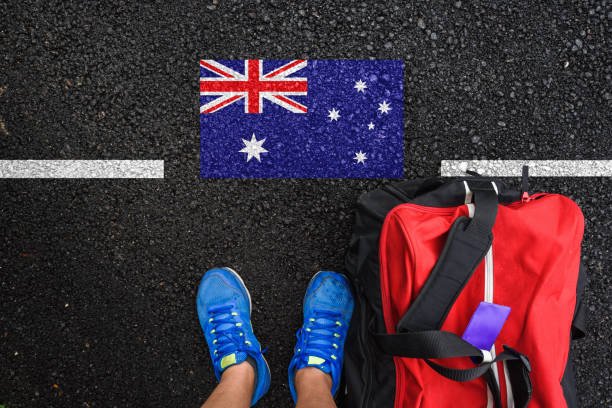


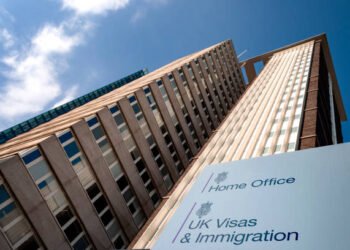

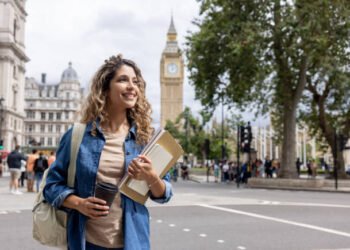
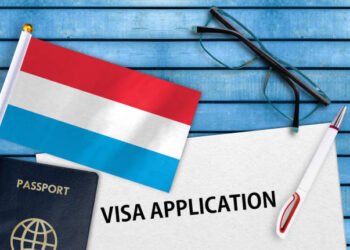

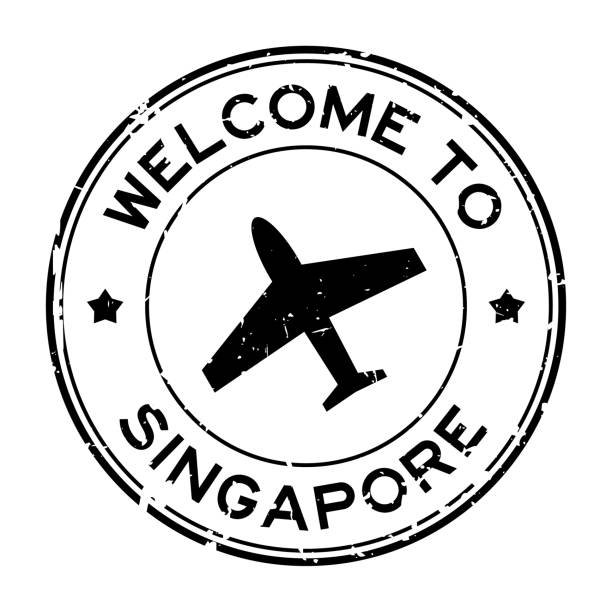

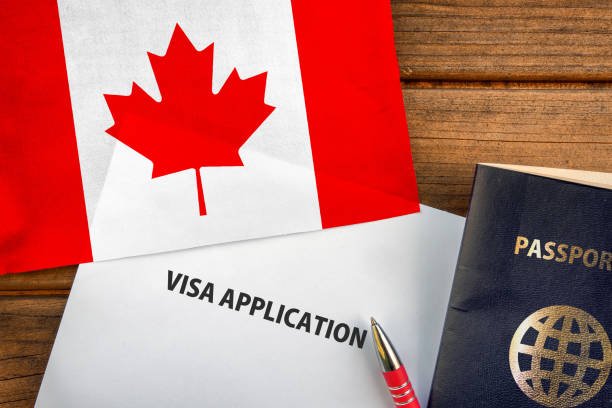








I muyideen ottun Abolanle Nigeria 🇳🇬 I promise that I will not disappointed myself and my family name please help me with this situation to be relocate from this country to abroad please 🙏 help me and I will not disappointed you my dear love please help me with this situation 🙏 ❤️